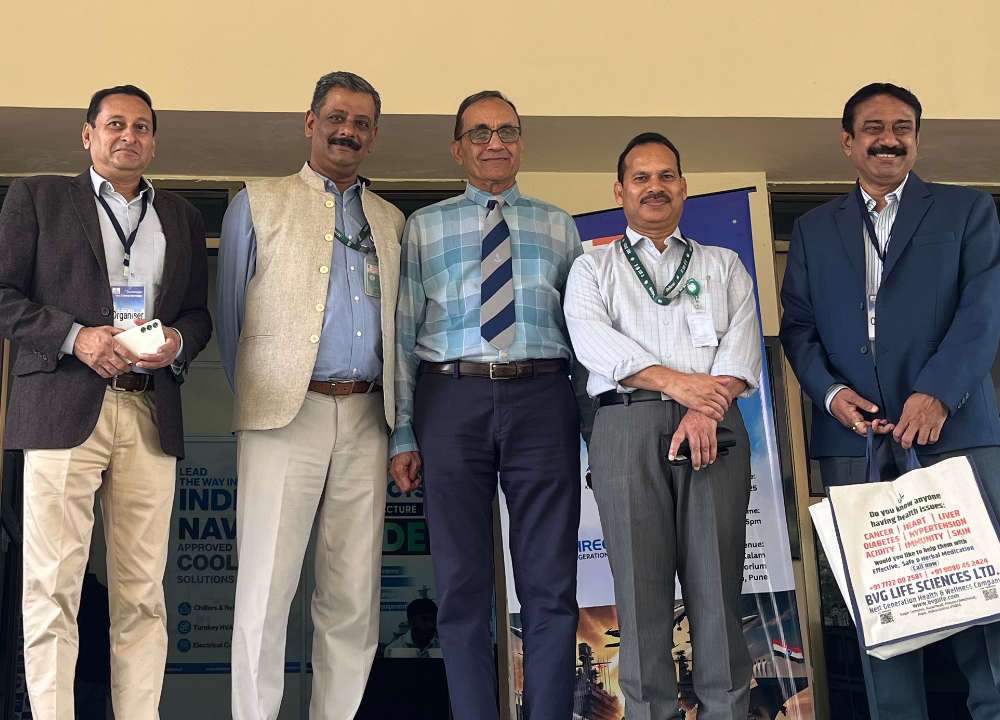India’s ambition to become a self-reliant hub for semiconductor manufacturing is gaining momentum, with critical contributions from cutting-edge technology, skilled talent, significant investments, and integration into the global supply chain. At the recently held IESA Vision Summit and Gujarat Semiconnect event in Gandhinagar, 180 foreign delegates participated in high-impact roundtable discussions aimed at bridging technological gaps and driving innovation in India’s semiconductor sector. The event was inaugurated by the Hon’ble Chief Minister of Gujarat, Shri Bhupendrabhai Patel.
In recognition of the importance of international cooperation in the semiconductor industry, IESA has forged strategic partnerships with global trade organizations, embassies, and industry leaders from countries such as the USA, Japan, Taiwan, Singapore, Sweden, Korea, and the UK. IESA also released a detailed report on Indo-Dutch semiconductor opportunities last year and formed a partnership with SEMI, an organization representing over 3,500 global members, to bolster India’s role in the global semiconductor ecosystem.
Ashok Chandak, President of IESA, emphasized the success of the roundtable discussions, noting that India’s semiconductor aspirations cannot be realized in isolation. He stressed the need for global collaboration to accelerate technological innovation, attract investment, strengthen supply chains, and foster the development of a skilled workforce. Through strategic alliances, India is positioning itself to be a driving force in the global semiconductor landscape, advancing sustainable growth and self-reliance in the sector.
The seven country-specific roundtable discussions, with a total of 350 participants, provided a platform to address key topics crucial to the development of the semiconductor industry. These discussions focused on various aspects of the global semiconductor landscape, with each session offering insights and strategies for addressing challenges and capitalizing on opportunities within the sector.
One of the primary topics covered was technology transfer and knowledge sharing. Participants discussed the importance of strengthening the semiconductor supply chain, particularly in areas like materials, minerals, equipment, services, chemicals, and gases. Strengthening these components is essential for ensuring the growth and sustainability of the semiconductor industry across different countries.
The roundtables also explored how to attract foreign direct investment (FDI) and foster joint ventures. Key topics included establishing captive plants, forming joint ventures, and developing technology partnerships that can help accelerate the industry’s growth and innovation. This conversation highlighted the importance of collaboration and investment to drive advancements in semiconductor manufacturing and technology.
In addition, the discussions addressed the alignment of policy and regulatory frameworks. Global semiconductor standards, intellectual property protection, and policy benchmarking were discussed to ensure the industry operates efficiently and consistently across various regions. Workforce development and talent exchange also emerged as vital points of discussion, with a focus on skilling programs, semiconductor-specific curricula, and talent exchange in areas such as VLSI design, fabrication, and semiconductor physics.
Finally, geopolitical and strategic alliances were highlighted, particularly bilateral agreements and positioning India as an alternative manufacturing hub for the semiconductor sector, as well as international funding and trade agreements that could shape the future of the industry.The event saw strong participation from global players, signaling their growing confidence in India’s potential and its companies for technology transfers and joint ventures. This reflects a positive outlook for India’s semiconductor and technology ecosystem in the near future.
The IESA Vision Summit is India’s leading conference on semiconductors and electronics, bringing together policymakers, industry leaders, startups, and academia to foster innovation and drive investments in the ESDM (Electronics System Design and Manufacturing) sector. The annual event serves as a platform for discussions on semiconductor manufacturing, talent development, and strategic partnerships.








